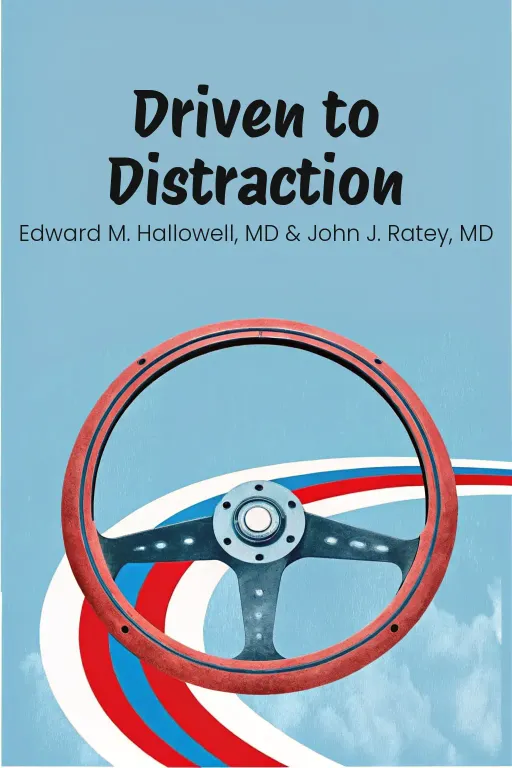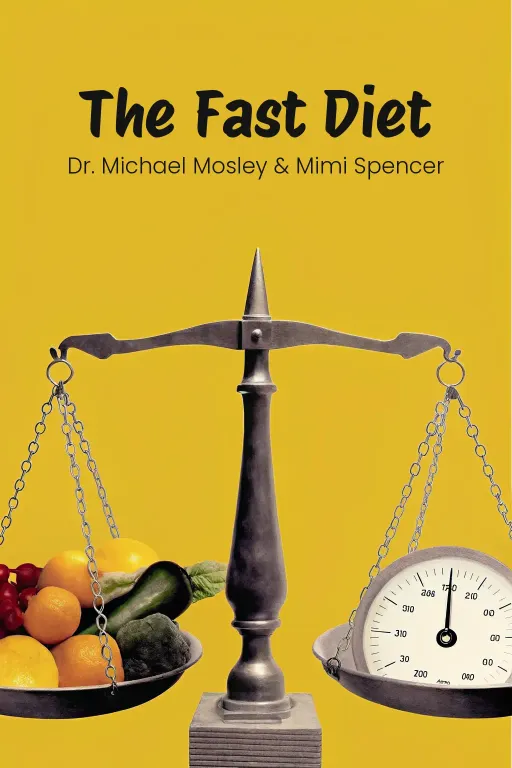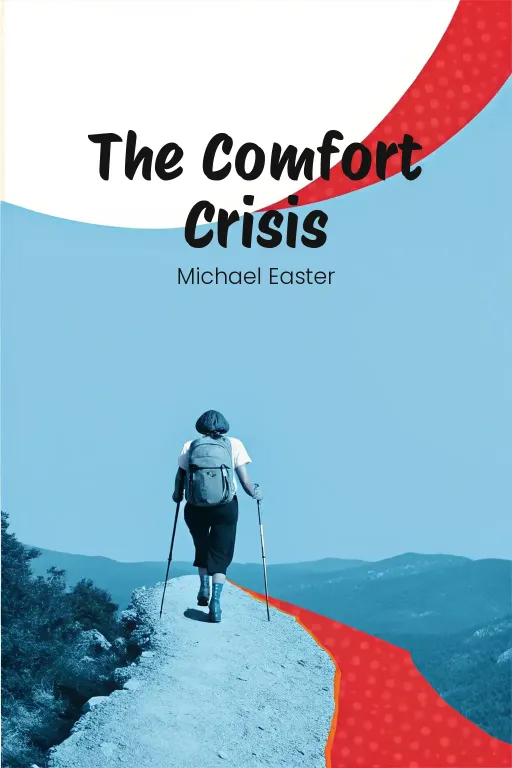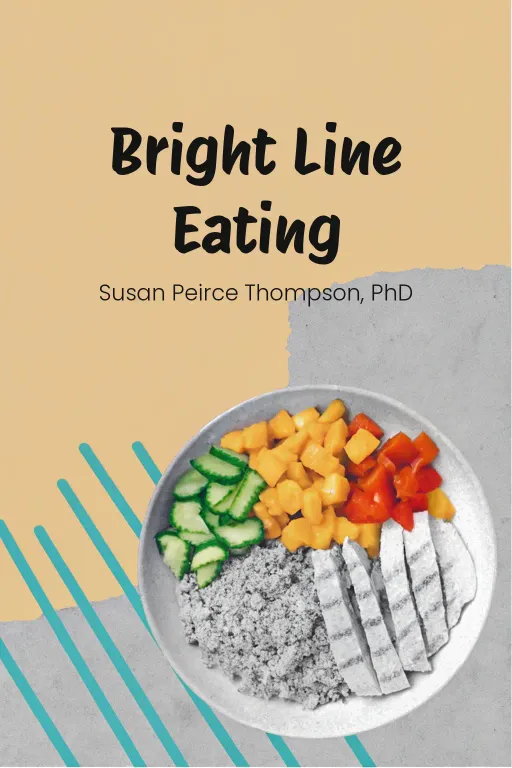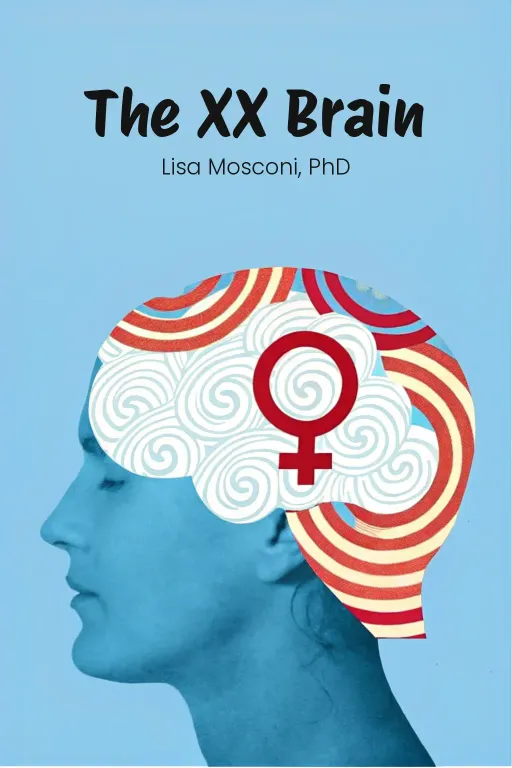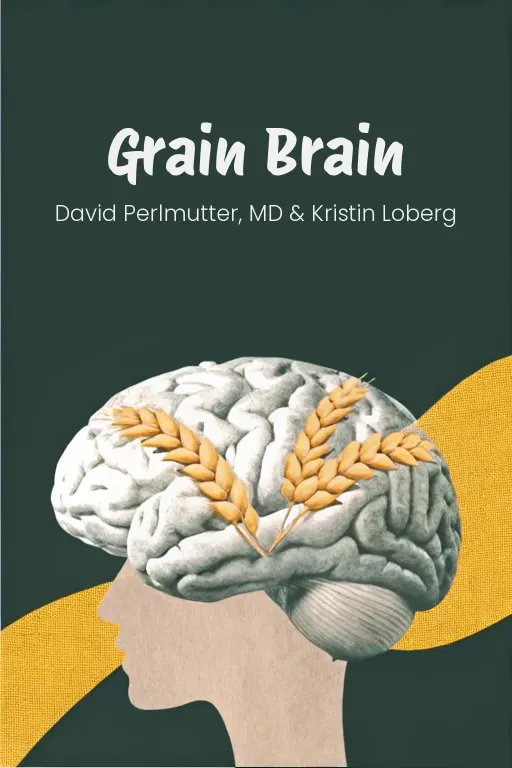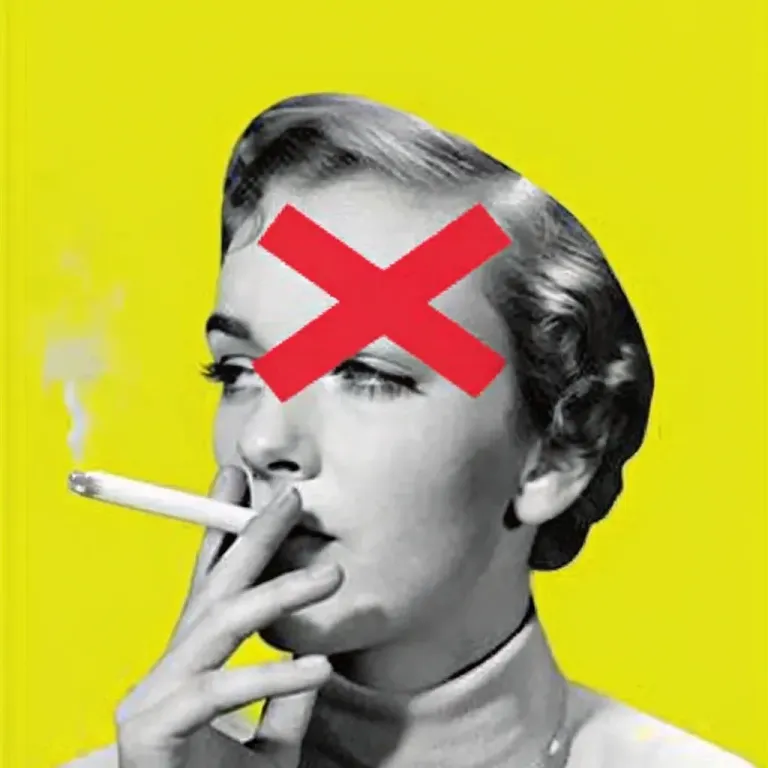
Quit Smoking: Escape The Illusion!
Podcast by Beta You with Alex and Michelle
Join the Millions Who Have Become Non-Smokers Using Allen Carr's Easyway Method
Quit Smoking: Escape The Illusion!
Part 1
Alex: Hey everyone, welcome back! Today we're tackling something huge, something that affects literally millions: how to actually quit smoking. Whether you're a smoker yourself, have a loved one struggling, or are just curious about why it’s so damn hard to quit, this episode is for you. Michelle: Seriously, let's be real. Why do people keep lighting up when it’s expensive, bad for your health, and, frankly, kind of stinky? It’s illogical, right? Yet, so many people feel like they're stuck. What if, though, the way we’ve been trying to quit is completely off? Alex: That's the core idea behind Allen Carr's “Easy Way to Stop Smoking”. Instead of patches, gum, or just flexing your willpower, Carr completely reverses the script. It's not about feeling deprived or scared; it’s about seeing smoking for what it is: a total psychological con job. Michelle: Exactly! He challenges the myths, the whole “smoking is relaxing” brainwashing, you know? News flash: it's a lie! Carr argues that quitting can, and should be, a positive experience, not some awful battle. Alex: So, today we’re diving into Carr's method from three angles. First, we'll expose the psychological illusions that keep smokers hooked – understanding why we think smoking helps, when it's really hurting us. Then, we'll break down his “easy” step-by-step process. And finally, we'll zoom out and look at the bigger picture: how society fuels this addiction and how we need to change the conversation around it. Michelle: Think of it as, like, carefully peeling back the layers of a super-sneaky onion. By the end, maybe we can all see a path to freedom where there used to be... well, smoke!
Understanding the Psychological Trap of Smoking
Part 2
Alex: Okay, so let's dive into the heart of Allen Carr's argument. It's all about how smoking isn't about enjoying it or making a free choice, but being stuck in a psychological trap, right? Carr argues that smokers aren't really choosing to light up; they’re just reacting to this cycle of withdrawal and relief. You know, it’s like being super thirsty after eating something really salty, but get this—the salt was in the water you just drank! Michelle: So, it’s like, this never-ending loop of self-inflicted misery, huh? And yet, smokers will probably swear they love it, that they need it. Is it their brains playing tricks, or are they just straight-up lying to themselves? Alex: It’s a mix of both, really. Carr explains that nicotine sets up this classic trap. It creates this discomfort through withdrawal symptoms, and then makes you think the only way to feel better is to have another cigarette. Each puff gives you a little satisfaction, sure, but it's like, you're borrowing happiness and setting yourself up for the next craving. Michelle: Like a hamster on a wheel, right? Except, instead of chasing freedom, they’re chasing, like, another pack of cigarettes. But I gotta ask, why is this so hard for smokers to see? I mean, if someone told me, "Hey Michelle, you’re paying to hurt yourself and feel awful, but go ahead, enjoy!", I'd like to think I'd stop right there. Alex: Exactly, and that's where the psychology piece comes in. Carr uses this great image, comparing smoking to being lost in a maze. Smokers didn’t start wanting to be addicted, they were drawn in by society telling them it was pleasurable or cool. But once you are in the maze, addiction clouds their judgment, making escape seem impossible. And here’s the kicker: smokers often resent the habit but can't figure out why they can't stop. Michelle: That maze thing is pretty spot on, actually. Because it shows how frustrating it is—feeling stuck but not knowing how you got there or how to get out. But let's think about the whole idea of smoking helping people chill out or deal with stress. I mean, it’s hard to argue with someone who says their mental health needs a cigarette. Alex: That's one of the biggest myths Carr tackles, right? He argues that smoking doesn't actually relax you, it just temporarily eases the withdrawal symptoms caused by smoking! So, you light up and feel calmer for a second, but it's not real calm. It's like, trying to put out a fire with gasoline. Michelle: Right, but the thing is, they feel calmer. It's like their brain only focuses on that immediate relief and just ignores the fact that it’s a band-aid on a wound they gave themselves. Alex: Precisely. Carr even points out something very deceptive here. He focuses on the long-term damage smoking does to your overall nervous system, making you more stressed overall. And here's a kicker, he says smokers often suffer from heightened anxiety all the time because they’re constantly trapped between nicotine withdrawals and waiting for their next cigarette. So, this "calm" they think they’re getting is really just the absence of the discomfort. Michelle: Wow, that’s some illusion. It’s like a magic trick – the cigarette makes the tension, then tricks you into thinking it’s the solution. Smokers aren’t actually “relaxing”, they’re just resetting their stress timer, over and over. Alex: Exactly. And he goes further when he talks about boredom, another common reason people give for smoking. Carr is clear that boredom isn’t solved by smoking, it’s just covered up. Lighting up can be a distraction for a minute, but it doesn’t handle the real cause of boredom, which is often about not being engaged or not having a purpose in the first place. Michelle: So, it’s like saying, “I have nothing to do, let me spend five minutes ruining my lungs while solving nothing.” Makes sense. Sort of like eating junk food when you’re not even hungry. It doesn’t fix anything, but it feels like you're doing something. Alex: Absolutely. Carr really breaks down these fake benefits, showing how they keep people stuck. Another really big one is how society kind of brainwashes people into thinking smoking is glamorous, or rebellious, or something. Michelle: Ah yes, the James Dean effect. All those old ads with movie stars puffing away—it’s hard not to think of smoking as “cool” when that’s what people grew up seeing. Alex: Carr emphasizes how ingrained those messages are, especially for younger people who are trying it out, who often push past the first few gross cigarettes because they're trying to be mature or rebellious. By the time they realize they’re addicted, the very same society that glamorized cigarettes starts criticizing them for smoking. It’s a cruel double bind that leaves smokers feeling hopelessly stuck. Michelle: And that’s where the cognitive dissonance comes in, right? Smokers know it’s bad, a lot of them hate it, but they can’t make their brain connect it all together, that knowledge with their actions somehow. So, they keep smoking to silence the conflict inside. Alex: Exactly. And Carr says it’s all part of the trap. Smokers aren’t addicted to the benefits they think they’re getting—they’re addicted to the nicotine and the illusions around it. He even makes nicotine into a character, calling it a "little monster" that tricks you into thinking you need it. Michelle: Oh, the “little monster.” That’s a good way to put it—like there’s a annoying creature inside your brain constantly whispering, “Go ahead, light another one. It’ll feel better, I promise.” Alex: It really captures how sneaky addiction can be. Carr describes nicotine as this relentless parasite—small but powerful—that hooks you into thinking cigarettes bring genuine rewards, but they are just easing the cravings they cause to begin with. Michelle: And the scary part, from what you’re saying, is how fast this happens. Just one cigarette can be enough for the “little monster” to set up shop in your brain. Then suddenly the smoker isn’t in control anymore – the monster is calling all the shots. Alex: Right. Carr talks about this from his own experience. He used to smoke, like, 100 cigarettes a day at some point. He’d light up even when he hated the taste and felt sick. But he still said he needed it. His story is relatable because it shows how addiction feeds on deceiving yourself. Michelle: Okay, so let me make sure I'm getting this. Smoking doesn’t actually fix stress, boredom, or anything else—it just covers it up. Nicotine’s the bad guy, not the cure. And society making smoking seem cool only makes it harder to escape because there's all these lies on top of it. Alex: That’s the main idea. And Carr says once you truly see smoking for what it is—a self-sustaining psychological trap—it changes how you approach quitting. That understanding is the first step to being free.
The Easy Way Method: Shifting Mindsets and Practical Steps
Part 3
Alex: Okay, so that naturally leads us to the big question: how do we actually break free from this trap? We've talked about the psychology of smoking addiction; now, let's dive into Allen Carr's "Easy Way" method. Michelle: Right. It's about actionable strategies, taking us from the theory to actually doing it. It's not just about understanding the trap, but dismantling it—step by step, right? Alex: Exactly! Carr's method provides a route to dismantle it step by step. So let's get into it. How do you actually go from thinking, "I need cigarettes to cope," to, "I'm quitting, and this is actually thrilling"? Michelle: Yeah, really. How does that even work? Alex: Well, the biggest thing is changing your mindset. Carr tells smokers to stop seeing quitting as something they're sacrificing and instead see it as liberation. Most of the time, people frame quitting as this painful ordeal, as if you're giving up a beloved friend. Carr completely flips that. Michelle: "Liberation, not sacrifice"? That sounds like some marketing slogan. Is there any real science behind it? What's the reasoning? Alex: Well, Carr argues that smokers only feel like they’re giving something up because they have this illusion that cigarettes provide benefits, like relaxation or stress relief—but we know that’s not really true, right? Once you realize that smoking doesn't actually provide those benefits and is just fueling its own cravings, the whole equation changes. There's nothing to "lose," only freedom to gain. Michelle: Okay, I get it. So, it sounds inspiring, but I'm guessing putting that into practice is way easier said than done. How does he help smokers actually make that mental leap? Alex: One key strategy is reframing withdrawal, not as suffering, but as your body healing. Carr even calls it "celebrating the detox." He wants smokers to get excited about the process because, well, every moment without a cigarette is another moment you're reclaiming your health and your autonomy. Michelle: "Celebrating the detox"? Seriously? That might be the most counterintuitive thing I've heard all day. You're saying people should be happy about cravings? Alex: Exactly! Think about it like breaking free from prison. I mean, yeah, there's discomfort as you pass through the gates, leaving the familiar behind, but every step away from that prison is progress. Carr likens those withdrawal symptoms to a "little monster" throwing a tantrum. Recognizing that every craving resisted weakens that monster. That can transform the process into something that's actually empowering. Michelle: Hmm, so instead of dreading withdrawal, you're actually cheering it on, waving goodbye to this nicotine monster as it shrivels up. Clever. I'll give you that; that's a smart perspective shift. Alex: It really does work because it shifts the focus from fear to joy, you know? And Carr's practical steps build on that mindset shift. First big thing? Preparing for that "last cigarette." Michelle: Oh, here we go, the theatrics. The last cigarette... What makes this moment so sacred? Alex: It's not just a habit you're trying to quit; it's a relationship you're ending. Carr wants smokers to approach it with intention. He suggests taking your time to really understand the addiction, dismantle the myths, and get your mindset right before you even smoke that final cigarette. Michelle: Okay, so it's less "I'm quitting on a whim" and more of a planned farewell. Like, "Thanks for nothing, cigarettes. I'll see myself out." Alex: Exactly! I read about one woman who followed Carr's method; she actually created this whole ritual around it. She went outside, smoked her last cigarette, and visualized it as this tiny jail cell in her hand. When she put it out, she imagined the lock breaking open and herself walking free. It became this powerful symbolic act—turning what could feel like fear into a moment of triumph. Michelle: Wow, that's powerful stuff. I'm guessing it's easier to resist lighting up again if you've turned that last cigarette into a dramatic mic-drop moment. Alex: Exactly. And that leads to another critical step in is avoid that "just one cigarette" mindset. Carr is like, adamant about this. He says that the idea of "just one" is the most dangerous trap because it always leads back to full-blown addiction. Michelle: Right, the domino effect, knock one over, and everything comes crashing down. Is there a specific story from this part of the method? Alex: Yeah, he tells the story of someone who quit for like, six months and thought they could handle one cigarette at a stressful event. Well, surprise, surprise, that "just one" cigarette triggered all the cravings again. And within weeks, they were back to smoking a pack a day. It's a cautionary tale about how addiction doesn’t take breaks. Michelle: So, the rule is clear: no such thing as halfway free. You can't keep one foot in the smoking world without falling back in, huh? Alex: Exactly. Carr calls it staying resolute. You're either free, or you're not—there's no middle ground. And this ties into his rejection of nicotine substitutes, like patches or gum or vaping. Michelle: Okay, hold on. I've got questions there. Why does he come down so hard on substitutes? Aren't they designed to help ease people off the addiction gradually? Alex: Carr believes those substitutes just prolong the addiction. Remember, his method focuses on the psychological dependency, not just the physical cravings. Substitutes keep nicotine in your system, which reinforces the idea that you need it to function. Michelle: So, by using substitutes, you're basically keeping that nicotine monster alive, just in a slightly different form. Alex: Exactly. And it's not just about the nicotine, either. I read about one smoker who tried nicotine patches, and while the cravings were dulled, they missed the rituals—the feel of holding a cigarette, the act of lighting up. Eventually, they went back to smoking because the patches didn’t address the deeper psychological roots of the habit. Michelle: So, Carr's approach is like ripping the band-aid off. Just quit completely—no half-measures, no crutches, huh? Alex: Yes, and he argues that this is actually easier because it eliminates any mixed signals. When you quit cold turkey with the right mindset, you're fully cutting ties with that addiction, not trying to manage it in bits and pieces. Michelle: I can see how that's a cleaner break. But let's look at the long term. Once someone's quit using Carr's method, how do they stay strong and avoid slipping back into those old habits? Alex: Great question. Carr emphasizes creating empowering associations. For instance, instead of missing cigarettes, focus on what you've gained--better health, more money, freedom from that constant "when can I smoke next?" anxiety. Michelle: And it probably helps to keep that positive mindset about withdrawal, right? Like remembering it’s a symptom of healing instead of a reason to give up? Alex: Absolutely. Carr even reframes cravings as signs that the nicotine monster is dying. He encourages people to celebrate every moment they resist, because it's a step closer to reclaiming complete control. Michelle: So, reframing is really the backbone of this whole thing: turning fear into a reason to celebrate, seeing withdrawal as progress, and viewing quitting as some kind of a gift, not a punishment. Alex: Exactly. And he doesn't stop there. Carr also talks about managing those social dynamics, confidently turning down cigarettes at parties, or re-establishing your identity as a non-smoker. I think that is fairly important for people. Michelle: That’s so interesting. Because, so much of smoking is tied to those social rituals or habits. I bet those situations can feel like, you know, landmines for people trying to stay smoke-free. Alex: Well, Carr's advice is simple: own your decision. Don't frame it like, "Oh, I can't smoke anymore." Instead, see it as, "I don't need to smoke anymore." That subtle shift in language reinforces your empowerment over the habit, you know? Michelle: Yeah, I like that, it’s bold, it’s self-assured. Plenty of people out there might judge, or tease, but owning it probably shuts them down pretty quick. Alex: Right? And finally, Carr encourages mindfulness, staying focused on the present and celebrating small victories, like enjoying a cup of coffee without needing a cigarette. By anchoring yourself in these positive experiences, it actually becomes easier to fully embrace that smoke-free life. Michelle: So, in short, Carr's method is less about fighting the addiction head-on and more about outsmarting it. By shifting your mindset, rejecting common traps like nicotine substitutes, and staying resolute, you're not just quitting; you're reclaiming your life, right?
Embracing Freedom and Societal Change
Part 4
Alex: So, with the right mindset and the tools in hand, we start to see the bigger picture of quitting. It's not just about personal freedom; it's about reshaping how society views smoking and challenging the systems that keep addiction alive and kicking. Today, we're diving into that final theme: how quitting can turn you into a catalyst for real societal change. Michelle: Ah, so this is where we zoom out and see the forest for the trees, right? We've gone from understanding the trap to escaping it, and now we're looking at the ripple effect. Let me guess, it's not just about individuals freeing themselves, but about dismantling the cultural and systemic structures that got people hooked in the first place? Am I on the right track? Alex: Spot on! Carr's method is a call for individual empowerment, absolutely, but equally, it's a call for society to rethink how we treat smokers and the systems that enable addiction in the first place. And at the heart of that, is transforming the cultural narrative around smoking. Michelle: Right, like how smoking was this glamorous, edgy thing for decades, until public health initiatives came down hard. Vintage ads where smiling athletes and movie stars practically dared you to “Light up and live your best life!” It's wild to think how incredibly normalized it all was. Alex: Carr points to that shift as being one of the most insidious things about addiction. It went from glorified to vilified almost overnight. Pointing out the health risks was essential, no question, but it also left a lot of smokers feeling alienated and ashamed. Rather than helping them quit, that shame often deepened the psychological trap. Michelle: Yeah, shame isn't exactly a great motivator. But hang on, what's the argument here? Are we saying that society judged smokers too harshly once the dangers became clear? Alex: Not exactly. Carr's point is that we need to replace judgment with empathy. Imagine being addicted to something you know is killing you, only to be told you're weak or selfish for not quitting. That just isolates people, and reinforces the emotional crutch that smoking provides. Smokers need support, not condemnation. Michelle: That makes sense. Addiction isn't a moral failing; it's a chemical and psychological dependency. But let's make this real. Is there a specific story, in the book, that really drives this point home? Alex: Absolutely. There's a story about an ex-Marine who started smoking because it was literally part of his military rations. Cigarettes were handed out to help deal with stress on the battlefield, which linked smoking with resilience and camaraderie. Years later, despite strength of will in everything else, he couldn't kick the habit. It was a direct result of a system that normalized smoking in extreme conditions. Michelle: Wow, so even someone trained to push through adversity got trapped because the narrative around smoking was so pervasive. It's like, they connected his identity as a soldier — this symbol of strength — with cigarettes. Alex: Precisely. And that Marine's story isn't unique. It reflects an entire generation systematically exposed to smoking as a cultural norm. When public opinion shifted, they were left to deal with both the addiction and the stigma. Michelle: And here's the kicker: Shame doesn't motivate anyone to change, does it? It just makes them retreat further into whatever it is they’re being shamed for. So Carr flips that narrative by calling for empathy toward smokers, right? Alex: Yes. And not just from non-smokers, but also from ex-smokers. Carr has a great analogy about "former soldiers." He says some ex-smokers, after winning their personal battle, turn around and berate smokers for not "getting it together." That's counterproductive, and ignores the real struggles of addiction. Michelle: That reminds me of fitness fanatics who used to hate working out but now shame people for eating a slice of cake. Like, you were there once, don't forget what it felt like. Alex: Exactly. Instead of judging, Carr is all for solidarity. He believes ex-smokers can play a huge role in inspiring smokers by sharing their journey, not with superiority, but with understanding. It's about creating a sense of, "If I did it, you can too," rather than, "Why can't you just quit?" Michelle: And that ties perfectly into the idea of systemic complicity. Because let's be real, smoking isn't just an individual problem. It's a business, a massive one. Governments collect tobacco taxes, and companies keep finding ways to market to younger generations, despite the regulations. It's a machine. Alex: Yes, he doesn't hold back on calling out that machine. For example, governments publicly discourage smoking, but are deeply reliant on the billions generated by tobacco taxes. It's this uncomfortable moral paradox—they're addicted to the revenue much like smokers are addicted to nicotine. Michelle: So the system tells you not to smoke, but also quietly counts on you to keep buying packs so they can fund their budgets. Isn't that a bit…hypocritical? Alex: More than a bit, it's a massive conflict of interest. Carr argues that breaking this cycle means confronting these contradictions head-on. Advocating for increased support to help people stop, stricter advertising regulations, and investing in education instead of policies driven by profit, those are all key steps he outlines. Michelle: Let’s talk about the advertising angle for a second. Even with existing restrictions, tobacco companies still find creative ways to hook people, especially the young. It's like a game of cat and mouse where people’s lives are at stake. Alex: Exactly. Carr emphasizes how crucial it is to protect younger generations from falling into the same trap. Regulations, coupled with funding for programs that help support quitting, can really undermine the industry's grip. And at a grassroots level, it's about fostering supportive communities — really creating safe spaces for smokers to quit without judgment or fear. Michelle: Communities are huge, aren't they? Quitting isn't just willpower; it's about having people who cheer you on instead of pulling you down, that support, it makes all the difference. Alex: It does. Carr envisions a future where communities, policies, and societal attitudes align to empower people to quit. It's not just about individual liberation, it's about dismantling the structures that enable addiction and creating a smoke-free culture, ultimately.
Conclusion
Part 5
Alex: Okay, so to summarize everything we've talked about, Allen Carr's “Easy Way to Stop Smoking” is more than just your average self-help book. It completely redefines what it means to be a smoker. He really breaks down how it's a psychological game, a construct built on cravings and illusions. And then, he gives you a mindset shift that allows you to happily reclaim your freedom, instead of it feeling like some kind of torturous experience. Michelle: Right. And let's not forget his absolute insistence on cutting ties completely. No nicotine patches, no “just one cigarette,” and definitely no falling for those glamorous smoking myths we've been bombarded with for decades. It's about total liberation, not trying to negotiate with the nicotine monster. It is like, why would you wanna negotiate with the devil, right? Alex: Exactly! Beyond just your own personal transformation, Carr really challenges the norms and systems in society that keep these addictions going. He pushes for empathy, for stronger regulations, and for a real shift toward what true liberation looks like for both individuals and communities. Michelle: Okay, here’s what I'm getting from all of this. Quitting smoking shouldn't feel like you're giving something up – it's about embracing freedom. It's not about loss; it's about regaining power over yourself. And once you really see that trap for what it is, doesn’t it just make sense to escape it? Alex: Absolutely. So, whether you're a smoker or you're just trying to support someone who is, just keep in mind that empathy is so important, and freedom is closer than you think. Maybe today's the day to start. Michelle: I mean, after all, why keep feeding a monster when you can just, you know, show it the door?
